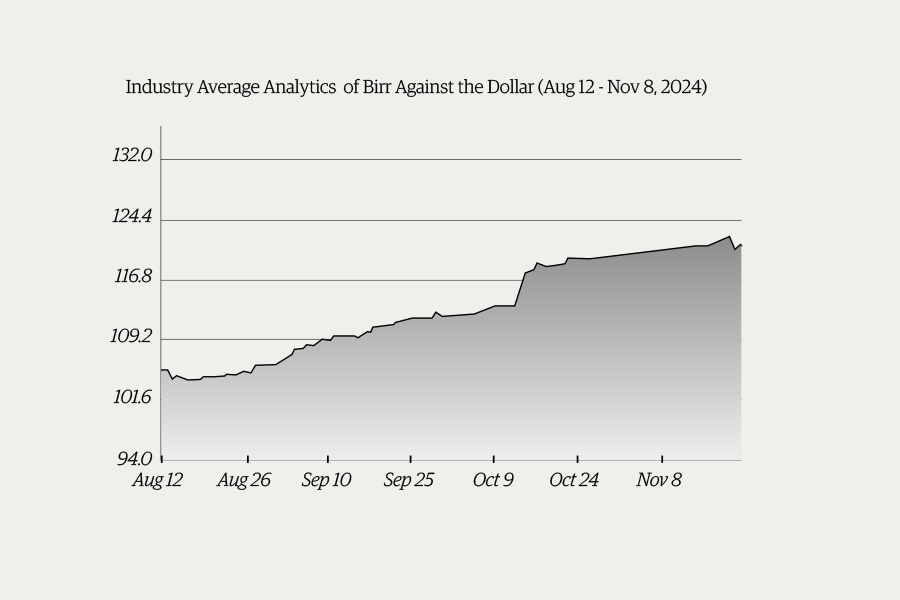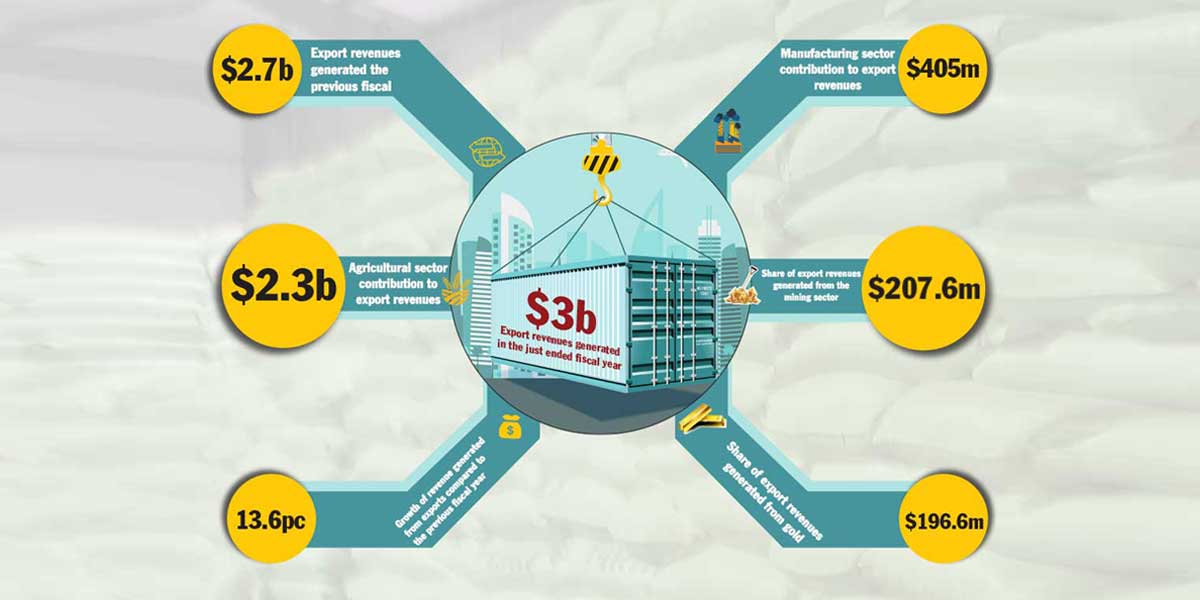
Viewpoints | May 15,2021
Kulen Ibrahim's home grows eerily quiet at night as her three boys become engrossed in Amharic cartoons on the screen. The family resides in a high-rise apartment, which limits their children's interaction with neighbourhood kids along with their exposure to local languages.
Their mother, who resorted to a 250 Br a month subscription for Canal+ Ethiopia following the advice of teachers who recognised that the boys were handicapped in the Amharic language, is pleased with the results.
Amongst a vast selection of local television and radio stations, the package offers nine channels for Amharic movies, discovery, and a kids and sports section.
"I can already see their language skills improving," she said.
Gone are the days when families had to stay glued to one channel as there are now 38 television stations to choose from.
Most can be found on the free-to-air Ethio-Sat satellite. In the past couple of years, however, a couple of pay television options have disrupted the entertainment industry. Canal+ and DS-TV have brought with them diversified options and lucrative incentives for filmmakers while providing audiences with an array of choices.
A South African-based Multichoice, known for its sports selections in Ethiopia for the past two decades, has expanded its services to include several packages for local audiences. Through its satellite service, the company offers five monthly subscription packages ranging from 290-3,900 Br.
With over 22 million subscribers across 50 African countries, DS-TV has a selection of 13 channels with Amharic and Oromiffa dubbed shows for children and adults that have pushed the service to gain popularity in Ethiopia. The large population of football fan in Ethiopia has created a lucrative market for sports broadcasting services.
Emebet Megistu is a stay-at-home mother with two sons. In the afternoons, she enjoys watching soap operas, while her boys prefer to watch soccer at night. She humorously refers to their home as a "stadium", as her sons often invite friends over to watch the games.
With employed and recently graduated children, she feels relieved that her sons will not be out too late at night, as they can watch games from the comfort of their home with the decoder they purchased for 1,200 Br.
Meanwhile, she spends her days catching up on her favourite new shows, which gives her plenty to discuss when meeting with neighbours who do not have access to the selection.
Ethiopia's airwaves were monopolised by the state-owned Ethiopian Broadcast Corporation from 1964 until the introduction of the first private television station, Ethiopian Broadcasting Service (EBS), in late 2008. Headquartered in the United States, the network has penetrated the market with diverse segments giving priority to entertainment.
Another pay television was introduced a couple of years ago as Canal+ Ethiopia, a French-based television channel launched in 1984.
It has 24 million subscribers worldwide, making its presence in 40 countries where over half are in Africa.
The Digital Services Officer Tafach Kassahun disclosed that they had to be cautious in selecting their markets since the demand for sports had been fulfilled.
"We opted to provide entertainment," she said.
The recent transformation in the consumption of media is complementary to filmmakers' ambitions.
According to Sofonias Tadesse a 36-year-old filmmaker, the expansion of companies has given professionals and audiences a plethora of options.
"The time of mediocrity has ended," he told Fortune.
He has over a decade of experience in the industry and has worked on several popular series such as Yeger Esat, Mezez, and Besentu. The filmmaker believes that low-quality films will be disregarded by audiences.
"The value put on the work will be reflected in audience reactions," he said.
Sofonias believes expansion has the potential to leapfrog to the status attained by the developed world. He suggests that the industry needs to invest in quality and pay television, and embrace new technologies such as mobile phones and streaming applications, stating, "entertainment shouldn't be free."
The proliferation of media content has led to a sense of impending prosperity among professionals. However, insiders argue that the quality of content has not kept pace with the quantity.
Experts welcome the expansion of channels and economic opportunities for creators but emphasise the need for novel ideas which they believe stifles creativity while stressing the importance of incorporating academic knowledge into production to create films that reflect reality.
Balew Demesse (PhD), an associate professor of theatre at Addis Abeba University (AAU) and editor-in-chief of Policy Study Institute, argues that the film quality and the availability of production equipment remain sub-standard compared to neighbouring countries such as Kenya.
"Most of the concepts are shallow," he told Fortune.
While he welcomes the expansion of channels and economic opportunities for creators Balew emphasises the need for novel ideas and coupling creativity with the lived experience.
In the meantime, Balew criticises state censorship of media, which he believes stifles creativity.
"Art functions against an economic backdrop but thrives in creative freedom," he told Fortune.
As the country comes to grips with round-the-clock broadcasts and a selection of nearly 40 television stations, sociologists recommend carefully selecting content and calibrating responsibilities.
Kibur Engidawork (PhD), researcher & sociologist, warns against the misuse of streaming services that are already transforming family meals and social interactions.
Kibur cautions that excessive entertainment can cause people to neglect their responsibilities while advising everyone to be aware of the subtle messages and how much time they spend.
Although he recognises the value of media in disseminating information, Kibur believes that aimless browsing is lenient towards harm. He emphasises the need for time management, particularly when it comes to consuming highly addictive multimedia content.
"Audiences should filter the information they consume," he told Fortune.
PUBLISHED ON
Sep 23,2023 [ VOL
24 , NO
1221]

Viewpoints | May 15,2021

Life Matters | Aug 29,2020

Life Matters | Apr 16,2022

Radar | Aug 13,2022

Money Market Watch | Nov 24,2024

Fortune News | Jul 25,2020

Fortune News | May 29,2021

View From Arada | Jan 07,2023

Sunday with Eden | Nov 14,2020

Life Matters | Dec 29,2018

Dec 22 , 2024 . By TIZITA SHEWAFERAW
Charged with transforming colossal state-owned enterprises into modern and competitiv...

Aug 18 , 2024 . By AKSAH ITALO
Although predictable Yonas Zerihun's job in the ride-hailing service is not immune to...

Jul 28 , 2024 . By TIZITA SHEWAFERAW
Unhabitual, perhaps too many, Samuel Gebreyohannes, 38, used to occasionally enjoy a couple of beers at breakfast. However, he recently swit...

Jul 13 , 2024 . By AKSAH ITALO
Investors who rely on tractors, trucks, and field vehicles for commuting, transporting commodities, and f...

Jul 12 , 2025
Political leaders and their policy advisors often promise great leaps forward, yet th...

Jul 5 , 2025
Six years ago, Ethiopia was the darling of international liberal commentators. A year...

Jun 28 , 2025
Meseret Damtie, the assertive auditor general, has never been shy about naming names...

Jun 21 , 2025
A well-worn adage says, “Budget is not destiny, but it is direction.” Examining t...